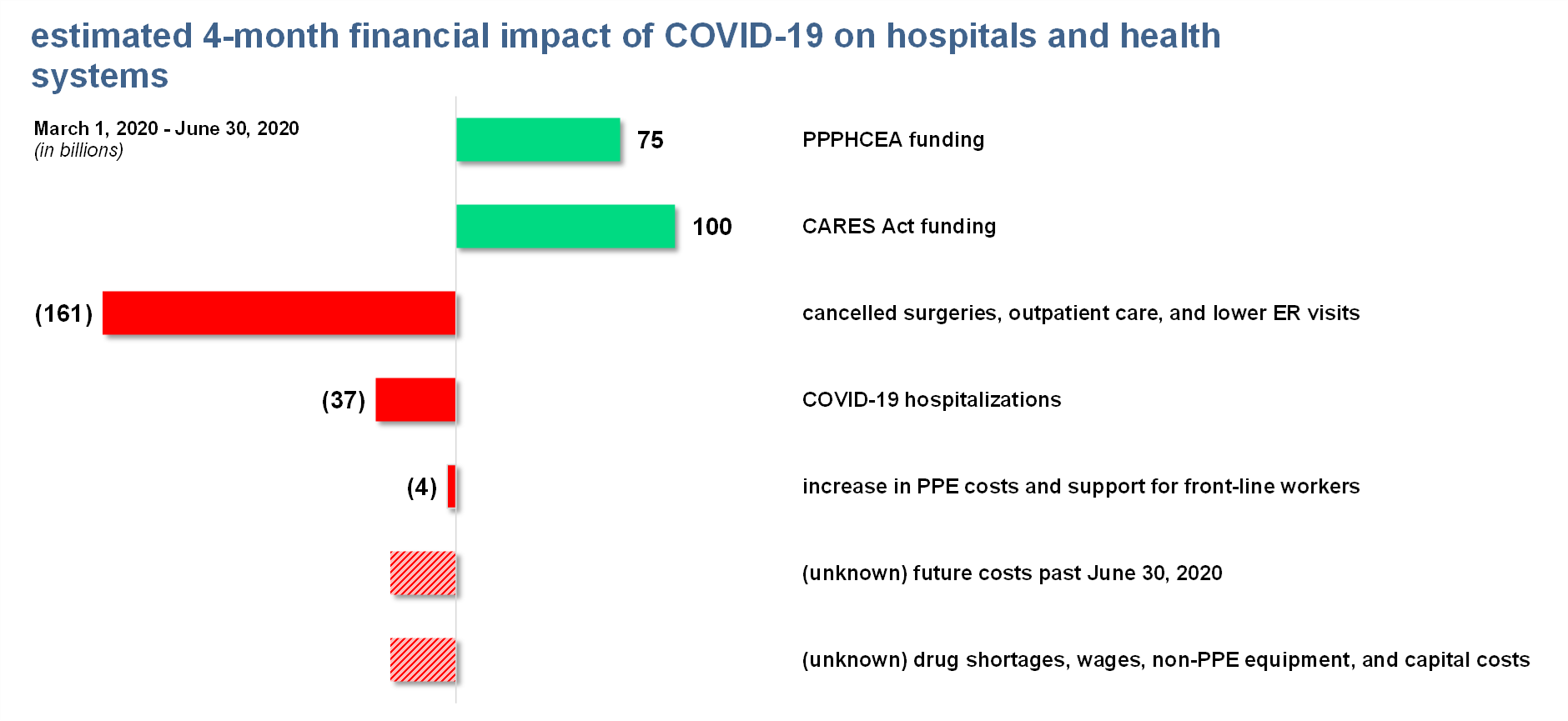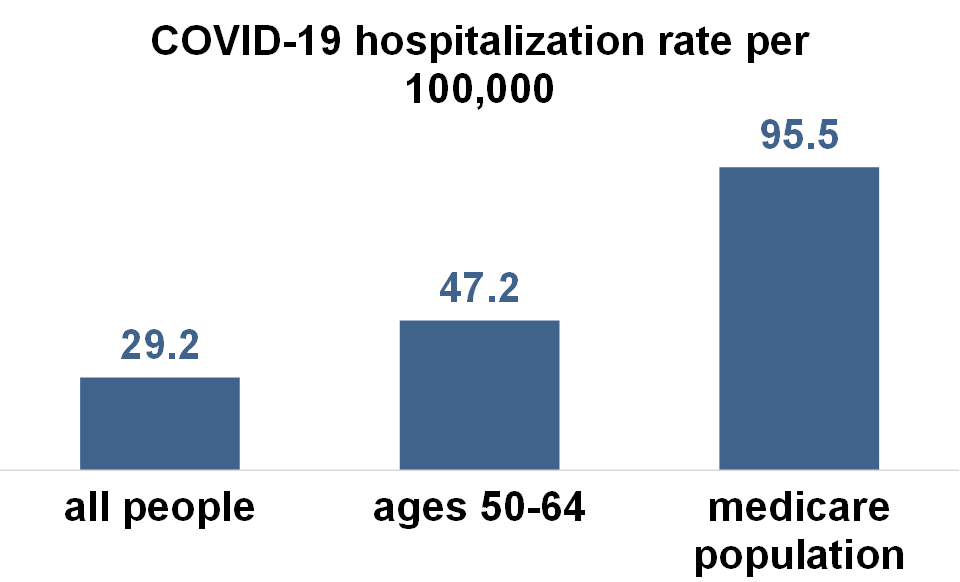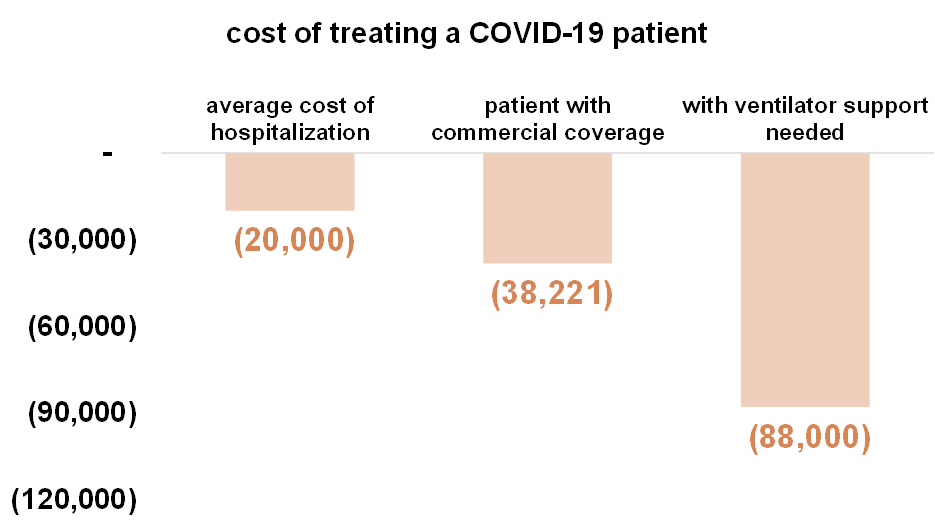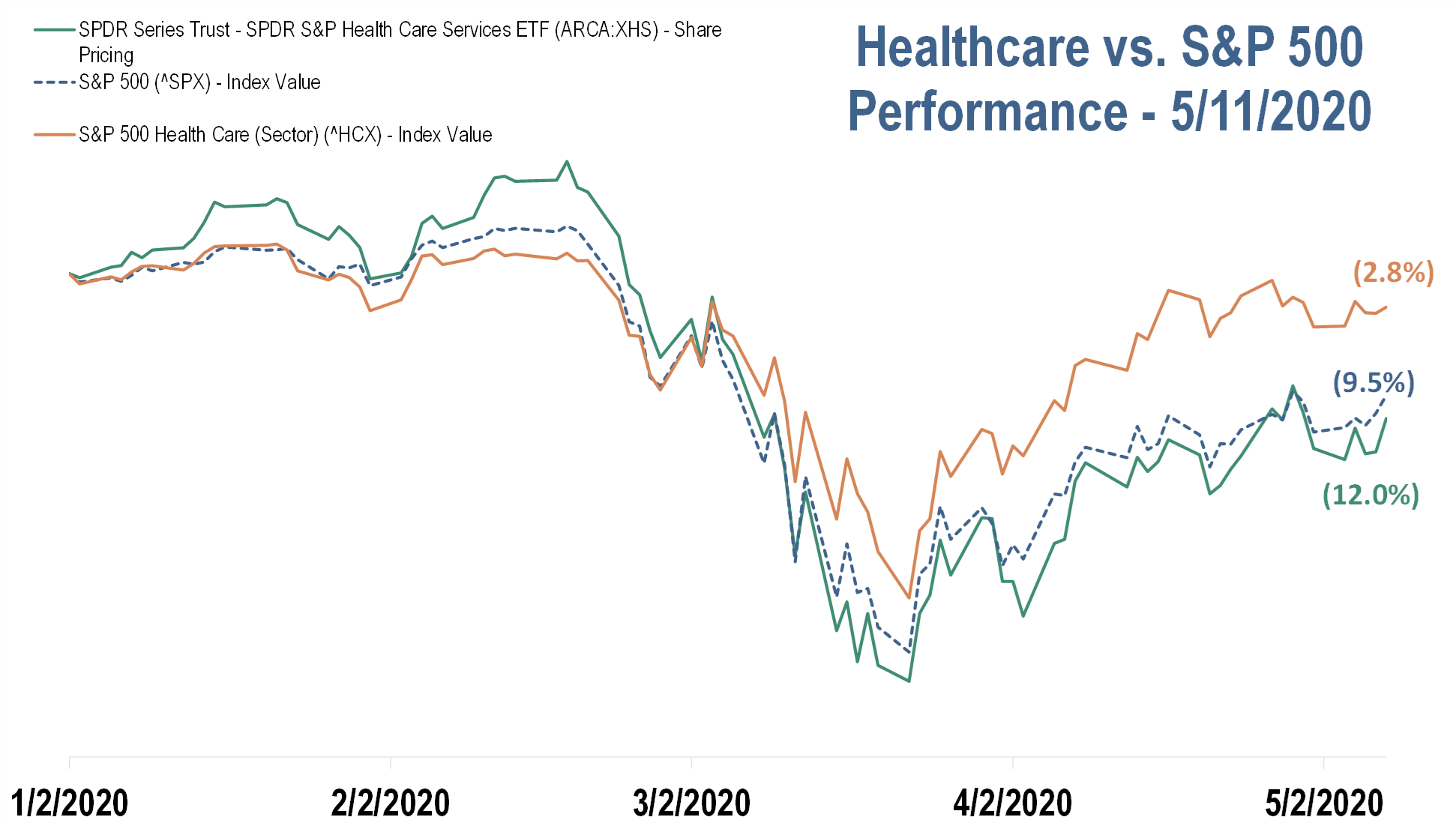This week’s top healthcare news.

Hospitals make 1st Amendment argument in price transparency case.
As a part of the price transparency lawsuit going through court, hospitals argued this week that disclosing to the public negotiated prices between themselves and insurers is a violation of the 1st Amendment.
- Will the argument hold up in court? We’ll find out. Remember that price transparency potentially has huge ramifications if it gets upheld.
Haven’s CEO Gawande is out.
Remember when people were freaking out about Haven, the Amazon-Berkshire-JP Morgan founded healthcare company?
- Well, now healthcare’s future hope is looking for a new CEO after Atul Gawande is expected to depart. (WSJ)
AbbVie finally closes $63bn Allergan deal.
Drug giant AbbVie (AKA Humira, heard of it?) won final approval to buy also-drug-giant Allergan (AKA, Botox) in the biggest deal of the year – $63 billion. The deal will finalize this month.
- Other drug related news: Large drug distributor AmerisourceBergen is reportedly eyeing Walgreens’ drug distribution business
SCOTUS reviews Obamacare’s contraceptive mandate.
In the latest ACA case, the Supreme Court is divided over Obamacare’s contraceptive mandate – i.e., whether employers are required to cover it or can claim exemptions.
Other ACA and SCOTUS news: Despite a global pandemic, Trump is still holding firm in his ability to repeal and replace Obamacare. The ACA case trudges onward.
Coronavirus Latest.
As of May 11: 4,234,564 confirmed cases and 285,911 deaths.
- Updated U.S. infection rates by county (click here). Global infection rates (click here). Johns Hopkins critical trends to understand (click here)
- Anthony Fauci and other top health officials will testify before the Senate
More testing stuff: States are looking to boost testing, but they’re shying away from implementing contact tracing apps.
- Interestingly , the first CRISPR-based test for the coronavirus was approved in the United States this week. And here’s the total number of testing performed by state – as of May 11.
The latest good testing news comes from Abbott labs. They’ve received emergency use approval from the FDA for their antibody test, which shows whether a patient had COVID in the past, asymptomatic or not.
- Abbott is hoping to ship 30 million testing units in May and 60 million in June.
Other ‘Rona Reads.
- People across the globe are returning to public places.
- Scientists have created an antibody that defeats the virus in a lab setting (note: LAB setting). Cautious optimism. For vaccine news, drug giant Pfizer started human testing this week for an experimental vaccine.
- Physicians are rethinking the use of ventilators in some COVID-19 patients, implying that less ventilators might be needed than previously thought. (Read the full WSJ article here).
- Children are getting a mysterious virus-linked inflammation syndrome stemming from the coronavirus.
- The U.S. is expected to accuse China of trying to hack its vaccine data.
- The coronavirus causes blood clots in afflicted patients, but we’re not sure why.
- The White House is currently experiencing a minor outbreak, with some aides close to Pence testing positive. It’s now mandatory to wear a mask in the West Wing.
- The White House tabled a CDC report outlining a detailed reopening plan.
What are the different types of Coronavirus tests I’m hearing about?
Personally, I was confused by the different types of tests out there for the ‘Rona, so here’s some handy info to know (and an article to read):
PCR testing, or molecular testing: tests for the presence of the virus’ RNA in a person’s saliva or mucus.
- These take the longest and are the most accurate in determining whether someone has the ‘Rona.
Serology testing, or antibody testing: tests for the presence of a person’s antibodies, or certain cells that trigger when the body detects a viral/bacterial threat. Pretty accurate and take less time.
- If you test positive, it means you’ve had the ‘Rona in the past (which is good for virus tracking purposes), but it doesn’t necessarily mean you’re immune to future infection.
Antigen testing: tests for the presence of VIRAL proteins (aka antigens) in a person’s mucus or saliva. It’s the quickest test out there, but also the least accurate.
- Its best use-case is for detecting whether someone has the virus, but it has a tendency to produce false positives. These tests also cost the least amount of money to run.
- This type of testing could even be a game-changer given its scalability.

Hospitals losses and insurance victories.
How much are hospitals losing without elective procedures in a pandemic environment?
- The American Hospital Association (AHA) published a report this week estimating that hospitals and health systems would lose about $202 billion over 4 months, mainly related to the cost of caring for COVID-19 patients and suspension of elective procedures.
Net that against the emergency healthcare funding of ~$175 billion, and you can spot the $27 billion difference hospitals might need just to break even over the coming months, according to the AHA.

To expand on hospital losses, publicly traded hospital operators reported earnings this week.
The highlights: most were seeing strong volumes until COVID lockdowns began (March 15). All hospital operators pulled their guidance for fiscal year 2020 and expect a big downturn in Q2.
It’s not just hospitals, either: physician practices, like most other outpatient healthcare settings, experienced 30% to 75% patient volume declines during the Great Lockdown.
- This loss of volume is consistent across the board. You can see this effect in the April jobs report, too. Healthcare lost 1.4 million jobs almost entirely in outpatient settings.

As states begin to reopen and approve elective procedures, providers face the next challenge: getting patients comfortable with coming back to hospitals and clinics.
Insurance companies are the big winners.
On the other hand, insurers benefitted the most from the lockdown. Makes sense: no elective procedures = fewer medical costs incurred. All insurers reiterated their earnings guidance for 2020.
- Some Medicaid exchange-focused insurers, namely Molina and Centene, are actually expecting revenue growth. Why’s that? Because of the high unemployment, and the fact that most commercial plans are obtained through employer-sponsored health insurance, they’re expecting an increase in Medicaid members.
This effect doesn’t account for the fact that some states plan to slash their Medicaid budgets as tax revenues run dry.

Quick Hits
Biz Hits
- Why Anthem + Beacon Health Options is a Gamechanger
- Paying private insurers Medicare rates would tank hospital revenue by 35%, study finds
- Amazon lends its expertise – and cash – to COVID-19 research.
- UnitedHealthcare is boosting relief to its customers in the amount of $1.5 billion in discounts
State Hits
- Once the epicenter, New York is easing coronavirus restrictions. However, it appears as if NYC will stay in lockdown until June.
- How the pandemic and an anti-vax official are roiling a Montana community.
- Colorado has decided to shelve its public option plan.
Other Hits
- The race for coronavirus vaccines: a graphical guide.
- Kim Kardashian West Wrote a Guide to Isolating With Kids. We Tried It (WSJ)
- The pandemic’s disruption of key health procedures could prove deadly
- The DOJ is investigating Blue Flame Medical after claims it failed to provide masks and ventilators to states after winning a contract to do so.
- ER doctors are wondering: where are all the heart attacks and strokes??
- Meet the ‘psychobiome’: the gut bacteria that may alter how you think, feel, and act
Thought-Provoking Editorials
- The coronavirus pandemic is pushing America into a mental health crisis. (WaPo)
- A Tipping Point for Healthcare? — Let’s use the pandemic to create a more prevention-focused system. (Medpagetoday)
- A New Recipe for Waste in Medicaid. (WSJ)
- The hunger pains of a pandemic. (NY Times)
- How COVID-19 has complicated the definition of ‘expert.’ (The Atlantic)
- COVID-19 raises questions about the value of personalized medicine. (WSJ)
Thanks for reading. I’m out. @B_Madden4
About the Healthy Muse.
The Healthy Muse was created to educate people on the healthcare system. It’s a once-weekly e-mail updating you on all the major election news, broader trends, big stories, and policy updates. Learn more about our vision here.
- Get smarter and sign up below today.